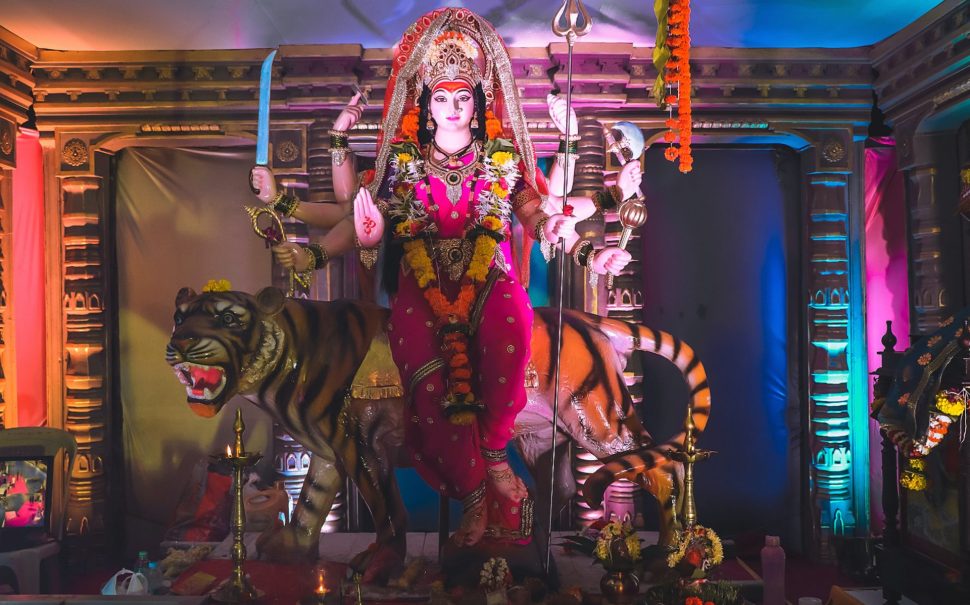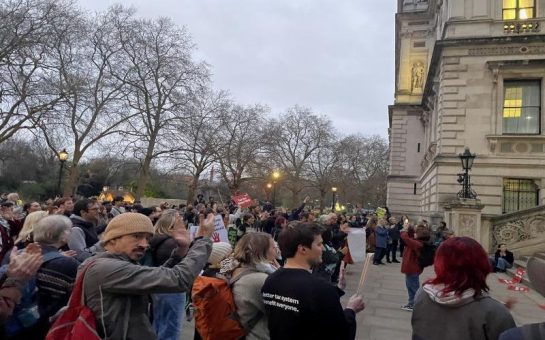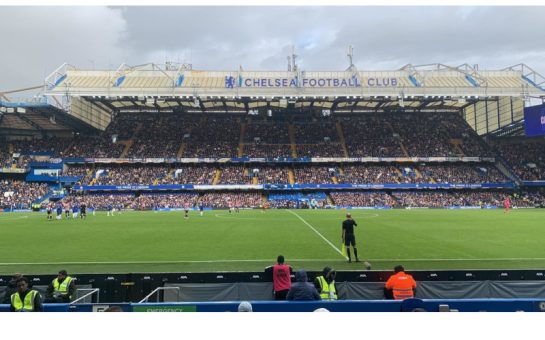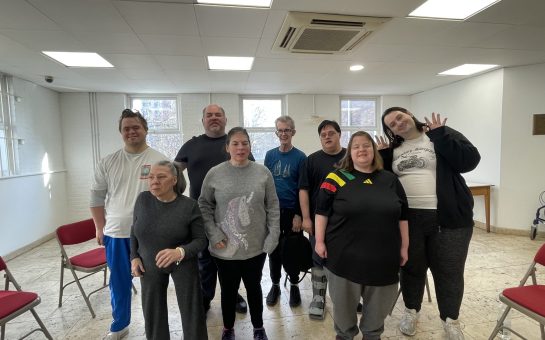For the last week, Hindus in London have been celebrating the festival Navaratri, meaning ‘nine nights’.
Navaratri is a nine-day festival to celebrate the divine femininity of the Hindu goddess Durga.
In Hindu scripture, Durga engages in a nine-day battle with a group of demons in a fight between light and darkness.
Usually occurring between September and October, the festival depends on the Lunar calendar.
Starting on the same day as the ten-day Durga Puja festival, Navaratri is one of the four main autumn festivals that follow up to Diwali.
One of the main forms of celebrations is a Gujarati form of dance called garba which also celebrates divine femininity.
Garba is performed every day during the festival in a circle formation with dancers twirling in a circular motion.
The circular movements are intended to symbolise the circle of life and the Hindu cycle of time.
Although a majority of garba dancers are female, Navaratri brings male and female dancers together.
The first three nights of Navaratri (Tamas) honour the goddess Durga and invoke the power of the goddess through puja (prayers).
At the end of every garba session of the night, there is a puja to honour the goddess Durga.
For the next three days (Rajas), the goddess of abundance and auspiciousness Shri Lakshmi is honoured.
During Rajas, Hindus feel a new wave of energy which should translate into their daily routines.
This wave of energy can be felt up until the end of the festival, and the lead-up to Diwali.
Garba also continues throughout this period of Navaratri but the puja differs based on the goddess being worshipped.
Wembley is the home to a lot of Gujaratis in London and hosts hundreds of Indian cultural events.
Last week, Wembley Civic Centre hosted a popular garba event which keeps people coming back every year.
Sanjana, a garba dancer said: “I love coming here every year, it’s the one time of year I get to see everyone again.
“People always come together for Garba, whether you’re Gujarati or not.”
In some regions of India, the festival Dussehra is celebrated alongside Navaratri.
Dussehra is a Hindu festival that celebrates the triumph of the Vishnu avatar Rama over the demon Ravana.
It usually falls on the tenth day of Navaratri, becoming a focal point and finale of the festival.
Navaratri usually sets the scene ahead of Diwali – it brings people closer to their culture and religion just before the biggest Hindu festival of the year.
Diwali is set to be celebrated on November 12 this year, with the Gujarati New Year celebrated the day after.





